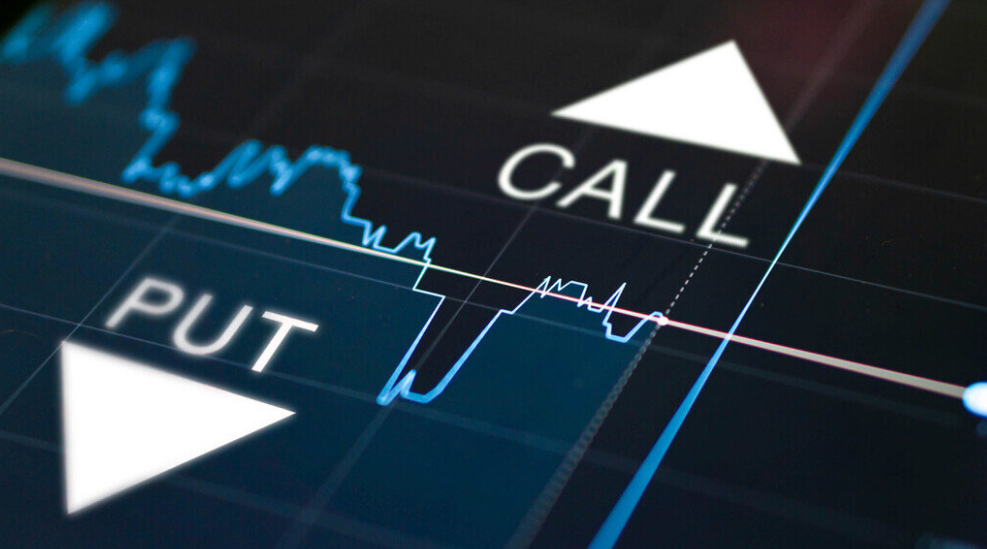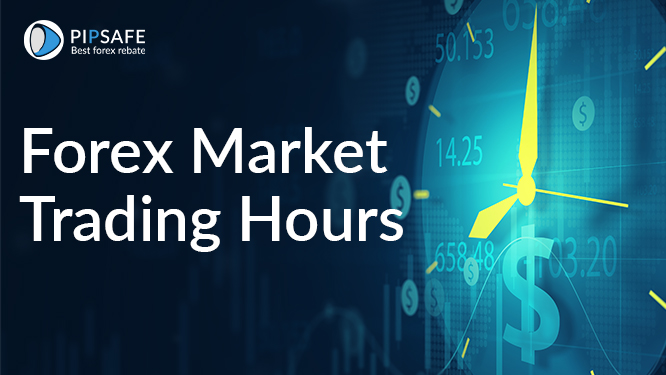Binary Options Broker Versus Forex Broker: How Do They Differ?
 Binary Options Broker Versus Forex Broker: How Do They Differ?
Binary Options Broker Versus Forex Broker: How Do They Differ? Binary Options Broker Versus Forex Broker: How Do They Differ?
Over the past several years, binary options trading has grown significantly, but this does not always indicate that it is the best investment for everyone. Although binary and forex trading may have considerable profit possibilities, they are very different and might not be able to meet all of your demands. Find out which one fits you the best.
Since you may create an account with an STP broker (direct market access, the broker is only a middleman) who has no conflicts of interest with its clients, forex trading is favourable in terms of the business models of the brokers.
The binary options market is still in its infancy. Brokers offset deals internally using a “B-Book” because there are no liquidity providers or clearinghouses (except in the US, where there are two licensed exchanges, Nadex and the Cantor Exchange). Depending on client profiles, this approach also applies to some “market maker” forex brokers; transactions are not always delivered straight to the market; instead, the brokers may decide to take positions that counter yours.
There is nothing improper as long as they don’t influence prices and traders who benefit may quickly withdraw their money, so this does not necessarily imply that they are dishonest.
The fact that brokers who engage in “B-Booking” have a conflict of interest with their customers is not a secret, nevertheless. Binary brokers profit when customers lose, and the reverse is also true. Because most traders lose money, brokers can afford to use this approach.
Binary options and forex brokers are both financial trading platforms that allow traders to speculate on the price movements of various assets. However, there are several key differences between the two:
- Trading Options: Binary options offer traders a limited number of trading options, such as high/low, one-touch, and boundary options. Forex brokers offer a more comprehensive range of trading options, including spot forex trading, futures contracts, and options trading.
- Risk Management: Binary options have a fixed payout and expiry time, which means that traders know exactly how much they stand to gain or lose before they enter a trade. Forex brokers offer more flexible risk management tools such as stop-loss orders and limit orders.
- Leverage: Forex brokers offer higher leverage than binary options brokers. This means that traders can control larger positions with smaller amounts of capital.
- Market Access: Forex brokers provide access to a wider range of markets than binary options brokers. Traders can trade currencies, commodities, stocks, indices and more through forex brokers.
- Regulation: Forex brokers are generally more heavily regulated than binary options brokers. This means that traders can have greater confidence in the safety and security of their funds when trading through a regulated forex broker.
In summary, while both binary options and forex brokers offer opportunities for financial trading, they differ in terms of the range of trading options available, risk management tools offered, leverage available to traders, market access provided and regulatory oversight.
SOURCE: www.pipsafe.com
Similar Videos and E-books
LEAVE A COMMENT
All Books
For Beginners
- Candlesticks For Support And Resistance
- Online Trading Courses
- Commodity Futures Trading for Beginners
- Hidden Divergence
- Peaks and Troughs
- Reverse Divergences And Momentum
- Strategy:10
- The NYSE Tick Index And Candlesticks
- Trend Determination
- The Original Turtle Trading Rules
- Introduction to Forex
- The Six Forces of Forex
- Study Book for Successful Foreign Exchange Dealing
- Forex. On-Line Manual for Successful Trading
- 18 Trading Champions Share Their Keys to Top Trading Profits
- The Way to Trade Forex
- The Truth About Fibonacci Trading
- Quick Guide to Forex Trading
- Chart Patterns and Technical Indicators
- Forex Trading
- Trading Forex: What Investors Need to Know
- My Dog Ate My Forex
- Point & Figure for Forex
Forex Market in General
- Screen Information, Trader Activity, and Bid-Ask Spreads in a Limit Order Market
- Strategic experimentation in a dealership market
- Limit Orders, Depth, and Volatility
- Reminiscences of a Stock Operator
- Market Profile Basics
- Quote Setting and Price Formation in an Order Driven Market
- Phantom of the Pits
- An Introduction to Market Profile and a Users Guide to Capital Flow Software
- The Effect of Tick Size on Volatility, Trader Behavior, and Market Quality
- Trading as a Business
- What Moves the Currency Market?
- Macroeconomic Implications of the Beliefs and Behavior of Foreign Exchange Traders
- All About the Foreign Exchange Market in the United States
Psychology of Trading
- A Course in Miracles
- Thoughts on Trading
- Calming The Mind So That Body Can Perform
- Lifestyles of the Rich and Pipped
- The Miracle of Discipline
- Zoom in on Personal Trading Behavior And Profit from It
- The Woodchuck and the Possum
- 25 Rules Of Forex Trading Discipline
- Stop Losses Are For Sissies
- Your Personality and Successful Trading
- Trading as a Business
- The 7 Deadly Sins of Forex (and How to Avoid Them)
- The 5 Steps to Becoming a Trader
Money Management
- Risk Control and Money Management
- Money Management
- Position-sizing Effects on Trader Performance: An experimental analysis
- Fine-Tuning Your Money Management System
- Money Management: Controlling Risk and Capturing Profits
- Money Management Strategies for Serious Traders
- The Truth About Money Management
- Money Management and Risk Management
Forex Strategy
- 1-2-3 System
- Bollinger Bandit Trading Strategy
- Value Area
- The Dynamic Breakout II Strategy
- Ghost Trader Trading Strategy
- King Keltner Trading Strategy
- Scalp Trading Methods
- LSS - An Introduction to the 3-Day Cycle Method
- Market Turns And Continuation Moves With The Tick Index
- The Money Manager Trading Strategy
- Picking Tops And Bottoms With The Tick Index
- The Super Combo Day Trading Strategy
- The Eleven Elliott Wave Patterns
- The Thermostat Trading Strategy
- Intraday trading with the TICK
- Traders Trick Entry
- Fibonacci Trader Journal
- Rapid Forex
- Microtrading the 1 Minute Chart
- BunnyGirl Forex Trading Strategy Rules and FAQ
- The Daily Fozzy Method
- Forex Traders Cheat Sheet
- Offset Trading
- How to Trade Both Trend and Range Markets by Single Strategy?
- A Practical Guide to Technical Indicators; Moving Averages
- FX Wizard
- FX Destroyer
- A Practical Guide to Swing Trading
- Practical Fibonacci Methods for Forex Trading
- Using The Heikin-Ashi Technique
- The Day Trade Forex System
- 5/13/62
- Not So Squeezy Trading Manual
- KobasFX Strategy
- Killer Patterns
- 3D Trading
- 4 Hour MACD Forex Strategy
- WRB Analysis Tutorial
Advanced Forex Trading
- A New Interpretation of Information Rate
- CCI Manual
- Nicktrader and Jeff Explaining Reverse and Regular Divers
- NickTrader on No Price CCI Divergence Trading
- Are Supply and Demand Driving Stock Prices?
- The Sharpe Ratio
- The Interaction Between the Frequency of Market Quotes, Spread and Volatility in Forex
- Trend Determination
- Trend vs. No Trend
- A Six-Part Study Guide to Market Profile
- How George Soros Knows What He Knows
- Core Point and Figure Chart Patterns
- Coders Guru Full Course
- Point and Figure Charting: a Computational Methodology and Trading Rule Performance in the S&P 500 Futures Market
- Evolving Chart Pattern Sensitive Neural Network Based Forex Trading Agents
- Heisenberg Uncertainty Principle and Economic Analogues of Basic Physical Quantities
- The String Prediction Models as an Invariants of Time Series in Forex Market
- Using Recurrent Neural Networks to Forecasting of Forex
- The New Elliott Wave Rule - Achieve Definitive Wave Counts





